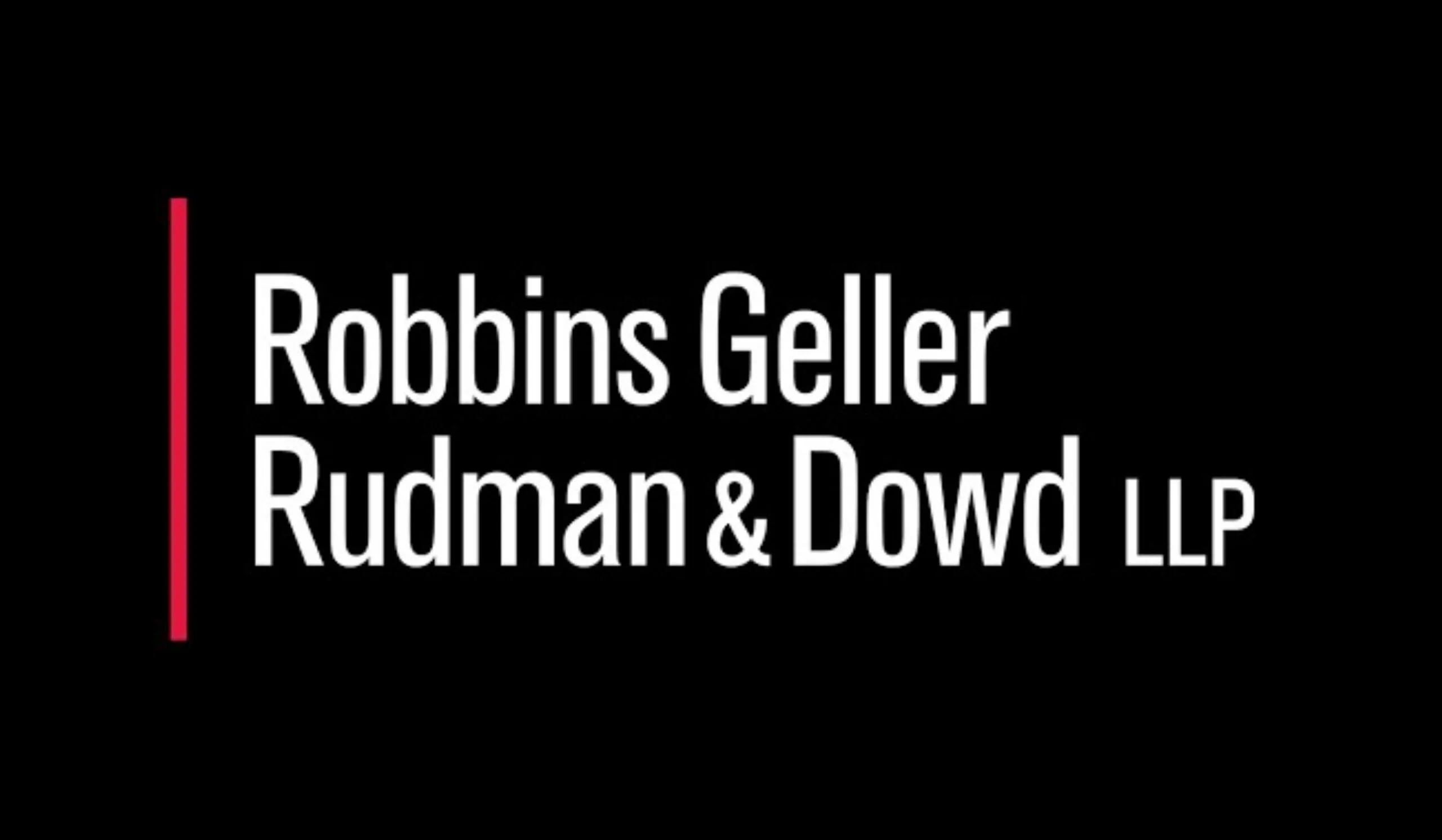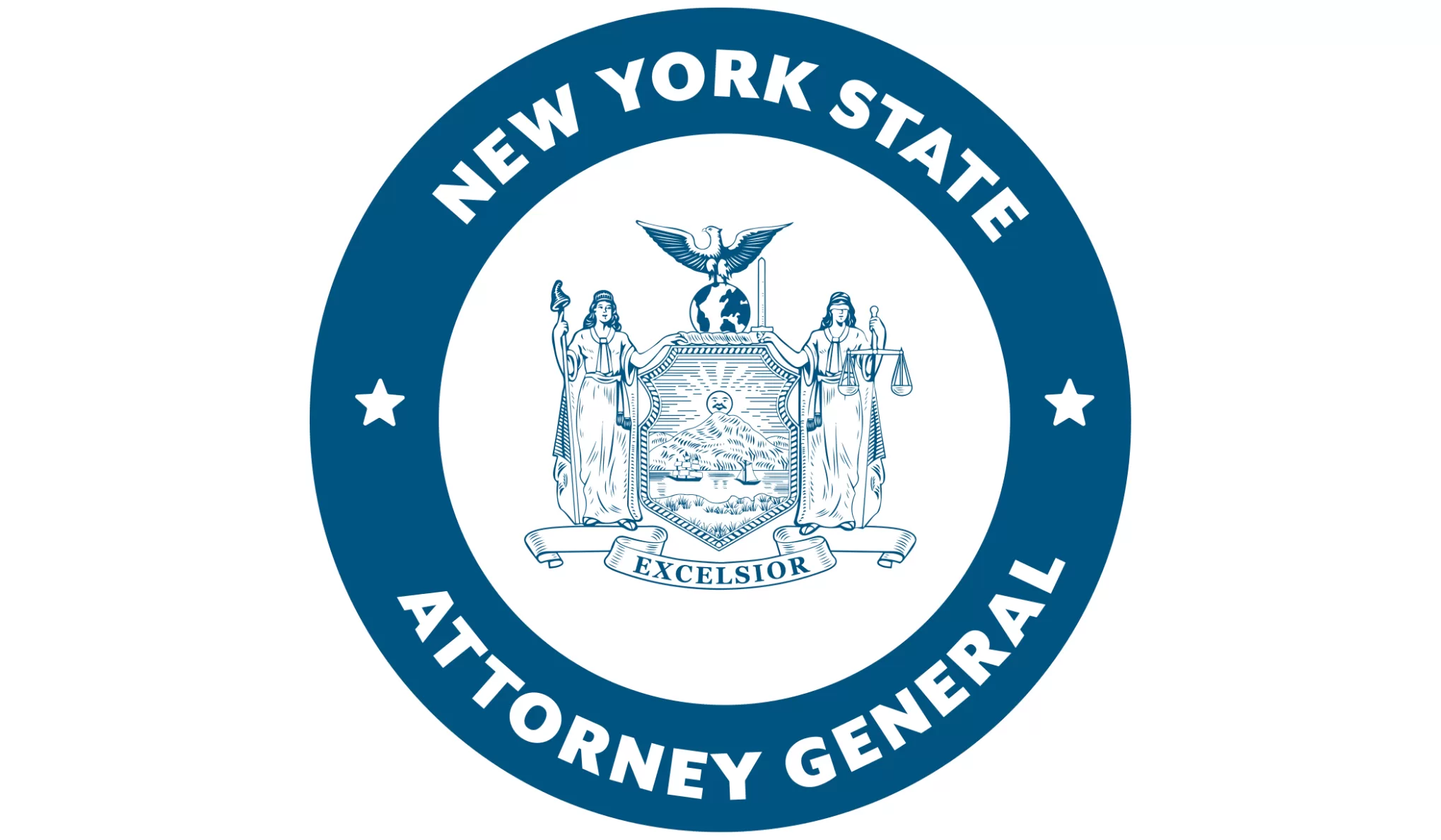By Tedd Peck
US~Observer Reporter
 McCurtain County, Oklahoma – Two local citizens have been in the fight of their lives battling corporate influence and government power and intimidation for almost three years. J.T. Hale and his son-in-law Marvin Skipper were recently indicted in federal court where property rights are at stake in a case that may be the last stand for the McCurtain County, Oklahoma citizenry fighting for free access to their land, and way of life.
McCurtain County, Oklahoma – Two local citizens have been in the fight of their lives battling corporate influence and government power and intimidation for almost three years. J.T. Hale and his son-in-law Marvin Skipper were recently indicted in federal court where property rights are at stake in a case that may be the last stand for the McCurtain County, Oklahoma citizenry fighting for free access to their land, and way of life.
Evidently, this latest dust-up is not your Hatfield and McCoy garden variety feud, but a full blown range war with all of the elements of a classic western novel portraying man against beast. Instead of bullets, the battle is being fought with lawyers, legal briefs, and courtroom procedures. The cast of characters consist of ranchers and cattlemen opposing a labyrinthine corporation’s grab for land, power, and of course, money.
For the past decade the citizens of McCurtain County have been resisting the efforts of Weyerhaeuser Corporation (Weyco) declaring that what were once public roads, which crisscross the county through privately owned timberland, are now private Weyco roads. These roads, before improvements, were constructed in the depression era public works program Civil Conversation Corp (CCC) and were old Indian trails. Today many of these roads are maintained by the county with financial assistance from the Oklahoma Department of Transportation (ODOT).
When the land was first purchased by Weyerhaeuser Corporation in 1969, they affirmed a policy of being a “good neighbor.” Jimmy Westbrook, a McCurtain County commissioner, stated, “Years ago the company people were honorable men, whose handshake meant something. Those men are gone and those in charge now are all about making money. They don’t care about the people in the community. They say they want to be your neighbor, but I never had a neighbor treat me like these people treat you.” He went on to say, “poor people have to follow the rules if they want to change something in the county, but Weyerhaeuser ignores the process.” It appears to be a classic case of “might makes right” when you digest the multitude of facts surrounding this story.
J.T. Hale is a down to earth person with a firm belief in God, the U.S. Constitution, and family values. Hale and Skipper have been, in this writers view, valiant leaders in the fight against corporate power and intimidation. In 2005, these two men were indicted in their local district court on felony charges, stemming from their alleged participation in cutting locks off of gates that straddle public roads. Their belief is attested to by McCurtain County commissioners, and in accordance with Title 69, O.S. 646. Simply stated, according to Skipper’s daughter Elizabeth Skipper, “it is illegal to put up gates that obstruct public roads and anyone removing such an obstruction is acting lawfully.” During a public demonstration about 30 local men, women and children gathered together and witnessed the locks being removed. Weyco security and deputies were also on hand and gathered evidence against these men. The county maps clearly reflect that the roads on which the gates were removed are indeed public roads. After a spell, the case was dropped when the prosecutor acknowledged that his case was weakened by the fact that county maps and local elected officials’ testimony would be hard to overcome in a trial.
The legs of this case are long and convoluted. Weyerhaeuser Corporation began putting gates up blocking public roads ten years ago. Weyco’s stated reasons for this action were to protect their timberlands from arson and garbage dumping. Commissioner Westbrook rejects this explanation out of hand. The timberland was always open to the public for hunting, recreation, and most importantly for cattle grazing. Without an open range policy, the cattle ranchers would be forced into bankruptcy, and jobs planned for a nearby meatpacking plant would go away. A more serious problem also arises from this unilateral policy by Weyco. Some road closings would cut off residents from accessing state highways causing their home values to plummet. Could we expect that Weyco would become the purchaser of these devalued parcels?
Weyco also claims that they have invested heavily into road improvements over the past three decades, and that public traffic would deteriorate the roads to a point where public safety would be jeopardized should their logging trucks and equipment share usage of the roadways. Debbie Skipper, Marvin’s spouse stated that the public shared these roads for as long as she could remember, even before Weyco bought the property and imposed their locked gate policy, and she doesn’t understand why they cannot go back to the way it had always been.
Included in this reality play are local residents with divergent views and interest. Westwood said that McCurtain County is divided by the Little River. Most of the people living south of the river live in and around the town of Idabel. The demographic of this sector is interested in jobs provided by Weyco. Those to the north of the river are in agriculture related businesses and are dependent upon the roads in question. Using the rule of “follow the money,” one begins to see the dichotomy that allows Weyco to get its way whenever push comes to shove. Westbrook stated, “A local judge said that each road in question had to be decided on a case-by-case basis. That would result in many trials at greater cost to Weyco. Instead of keeping this fight local, where it ought to be, Weyco always manages to take their fight to federal court.” This tactic has worked thus far for Weyco since the opponents to gating have not had the means to fight a federal case.

During the summer of 2007, Weyco filed a lawsuit in federal court against thirteen individuals claiming illegal trespass and injury to timber on Weyco lands. These thirteen included Hale, Skipper and eleven cattlemen, some of whom were strangers to Hale and Skipper. Faced with the prospects of draining court costs and legal fees, the group of eleven capitulated and accepted a deal. They each agreed to pay Weyco $500 in restitution and promised to remove all cattle and pens from Weyco land immediately. More importantly, they agreed that they no longer had a right to free range their cattle on Weyco property. In actuality, Weyco has eliminated these men from the fight, leaving Hale and Skipper to fight-on alone. The two men refused to partake in secret settlement talks prior to the eleven accepting their deal, and The McCurtain Daily Gazette has quoted Hale as saying, “The threat of serious consequences by my powerful adversaries of Weyerhaeuser Company and the federal court are fully realized but I must voice
my objections in being forced to participate in such clandestine proceedings in an American court system.” It appears that Hale and Skipper were joined in this cattle grazing dispute even though they don’t run cattle. Their alleged offense was removing locks from gates blocking public roads, not cattle grazing. This being the same offense for which their previous criminal case was discharged without prejudice. Debbie Skipper stated that she is convinced this is double jeopardy.
Westbrook pointed out that the courts like to stack charges by joining different defendants in order to cross the threshold necessary for a case to be in federal court. Last month United States District Judge Ronald White ruled against Skipper, who refused to deal with Weyco, and ordered him to pay Weyco $4557.94. This is far short of the $75,000 threshold to satisfy USDC jurisdiction. Hale is now the lone defendant in the trial that pits him against a corporate giant. With limited funds, and a healthy distrust in lawyers, Hale must face the charges armed only with the support of friends, county commissioners, official county maps, and the love of family.
The key decision rendered by Judge White after listening to Weyco’s expert witnesses was that the roads are private. Federal courts rewrite local laws and corporations have their way. Lock the gates.
Editor’s Note: There is much more to this story. As it unfolds, this writer will endeavor to expose it all, to show the truth in the idiom that, “The love of money is the root of all evil.”












